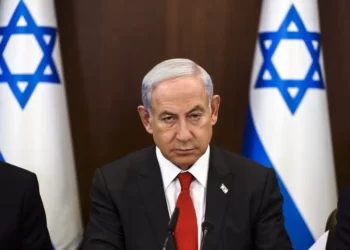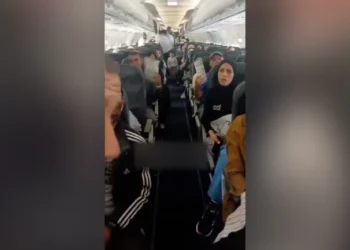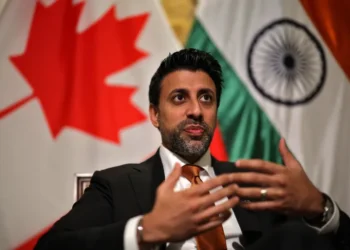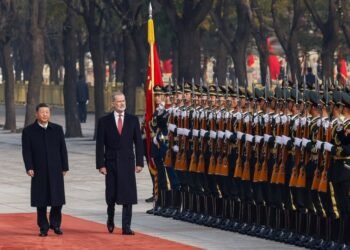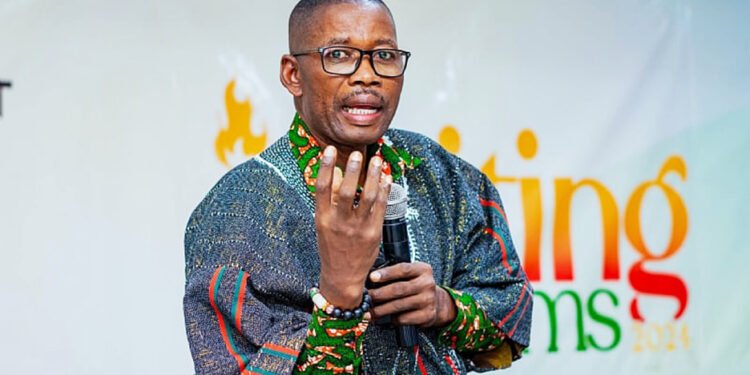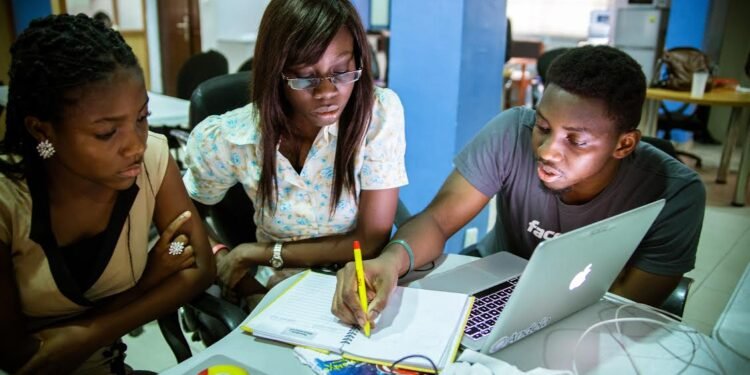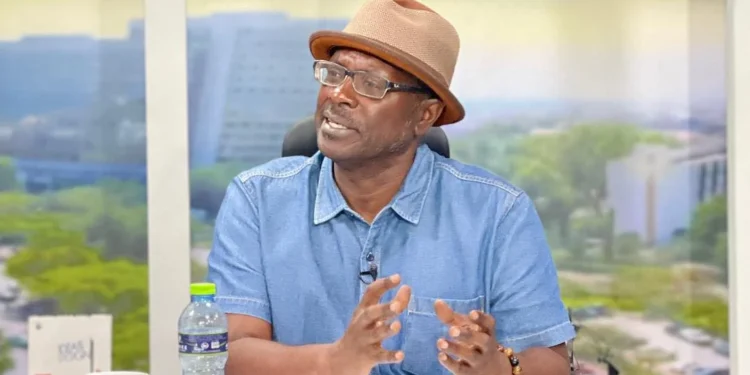Sri Lanka’s Prime Minister, Ranil Wickremesinghe, will take charge as the country’s Finance Minister as well, and lead to talks with the International Monetary Fund (IMF) as the crisis-hit nation seeks a bailout, the President’s office announced.
A statement from the Office of the President on Wednesday, May 25, 2022, stated that “Prime Minister Ranil Wickremesinghe was sworn in as finance, economic stabilisation and national policies minister before President Gotabaya Rajapaksa this morning”.
In an interview with the media on Tuesday, May 24, 2022, Wickremesinghe laid out his immediate plans for the economy, including presenting an interim budget within six weeks that will slash government expenditure “to the bone” and re-route funds into a two-year relief programme. On Tuesday, May 24, 2022, the World Bank said it is not planning to provide any new financing to Sri Lanka until an adequate economic policy framework is put in place.
What is Wickremesinghe’s Plan?
Wickremesinghe told the media that he hoped for a “sustainable loan package” from the IMF while undertaking structural reforms that would draw new investments into the country.
Initial discussions with the IMF ended on Tuesday, May 24, 2022. On Monday, May 23, 2022, IMF Managing Director, Kristalina Georgieva, averred the lender is “working relentlessly” at a technical level in Sri Lanka. Sri Lanka was also officially declared in default by rating agencies after the non-payment of coupons on two of its sovereign bonds. In that regard, it has hired heavyweight financial and legal advisers, Lazard and Clifford Chance as it prepares for the difficult task of renegotiating its $12bn in overseas debt.
The island nation, with a population of about 22 million people is reeling under its worst economic crisis since independence in 1948, with a severe shortage of foreign exchange severely restricting imports, including essentials such as fuel and medicines.
According to reports, the country’s turmoil came from the confluence of the COVID-19 pandemic which ravaged the lucrative tourism industry and foreign workers’ remittances, ill-timed tax cuts by President Gotabaya Rajapaksa’s draining government coffers, and rising oil prices.
A Veteran Politician who Knows the IMF
Wickremesinghe, 73, is a veteran politician who has served as Prime Minister five times before his current appointment.
The economic liberal already has experience with the IMF, where Sri Lanka last had an IMF programme in 2016, during one of his tenures as Prime Minister. He has also built relationships with regional powers India and China, which are key investors and lenders who compete for influence in Sri Lanka, which lies along busy shipping routes, linking Asia to Europe.
But any economic reforms Wickremesinghe may bring to meet conditions for an IMF programme could cause short-term pain and trouble on the streets. Petrol and diesel price increment announced on Tuesday, May 24, 2022, are bound to affect transport and food prices.
Wickremesinghe intimated that the country’s annual inflation is already at 33.8 percent and could go above 40 percent. Chief Strategist for Market Research firm, Capital Alliance, Udeeshan Jonas, said Wickremesinghe retaining the finance portfolio was largely expected. However, “With or without support, difficult measures will have to be taken. He has no other choice”.
READ ALSO: Burkina Faso: Four Of Eight Miners Trapped Underground For 39 Days Found Dead




